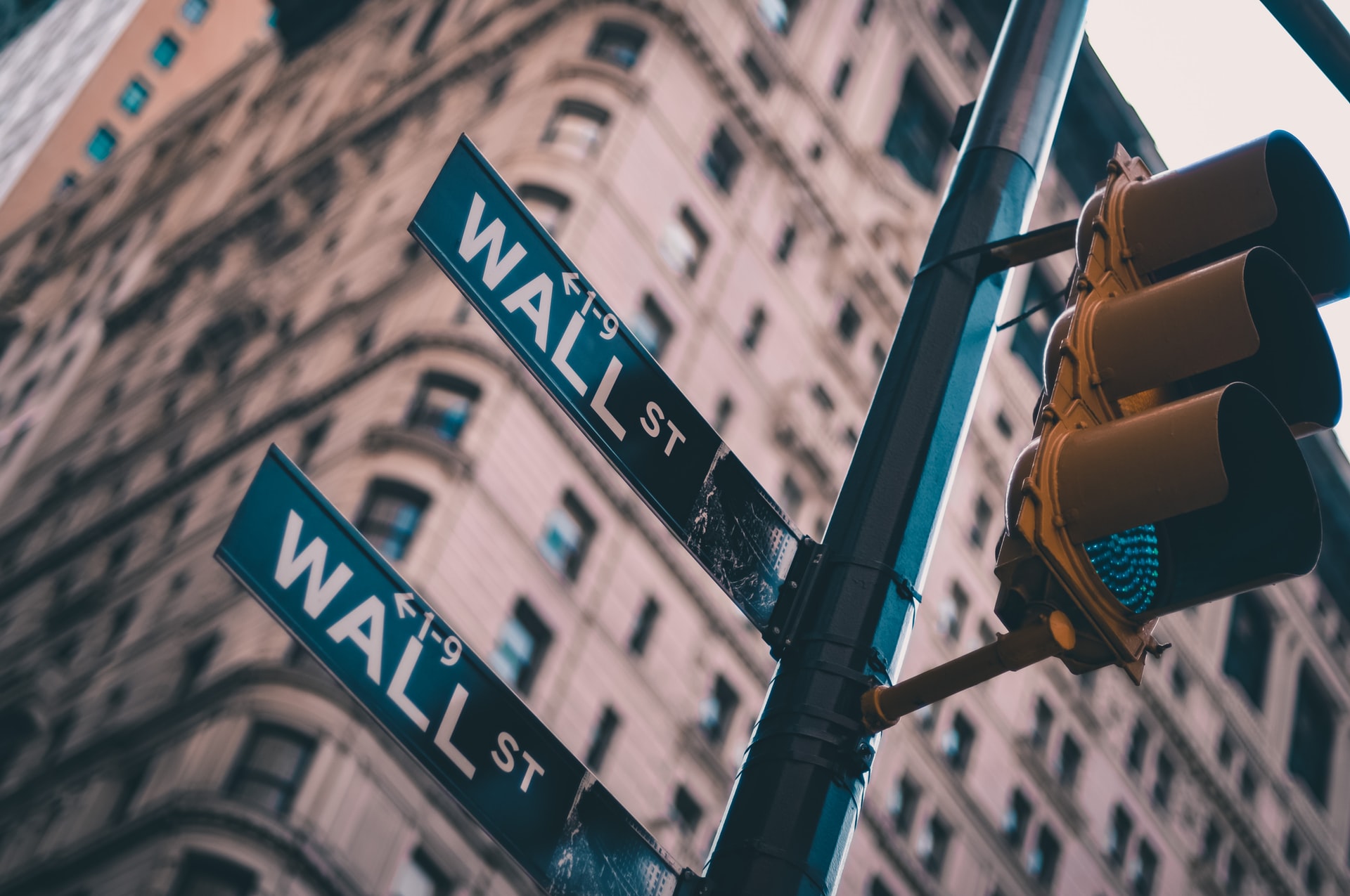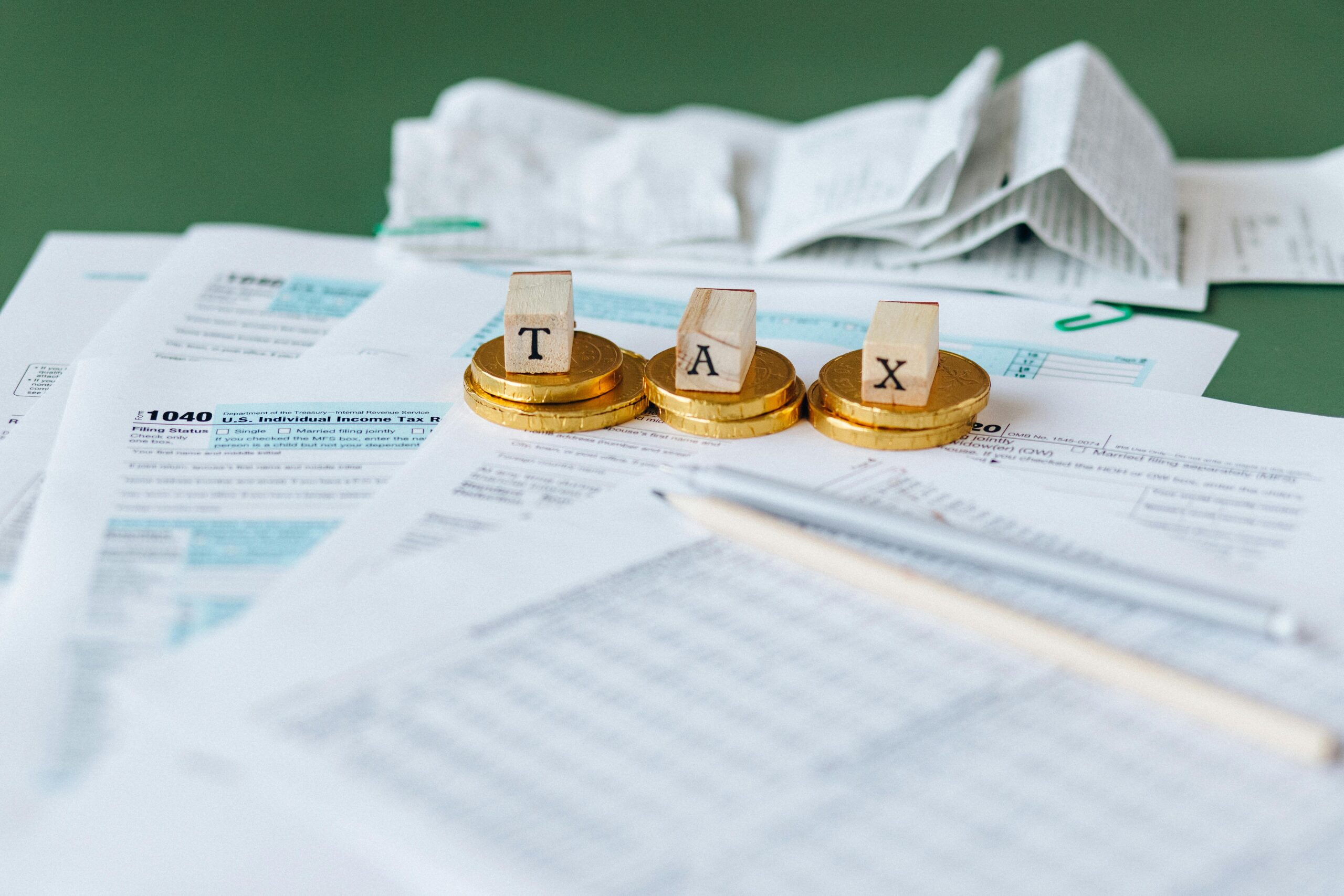The US stock market has suffered one of the worst first half-year contractions ever, with an estimated $9 trillion (€8.6 trillion) being wiped off the market value.
All major US indices suffered drops unseen in generations, as the world’s largest economy struggles with rising inflation, largely caused by supply chain bottlenecks that have yet to recover from COVID-19. The Federal Reserve’s attempts to tamp it down by increasing interest rates have meanwhile sowed further panic in the market.
The issue is compounded by Russia’s invasion of Ukraine and the ensuing sanctions slapped on the country. Since then, food and energy prices have soared, while the general uncertainty arising from the onset of the largest mobilisation of armed forces in Europe since World War II does little to inspire investor confidence.
In the first six months of 2022, the benchmark S&P 500 index fell 20.6 per cent, making it the worst year for US stocks since 1970.
The picture looks even worse when looking at other major indices. The Dow Jones Industrial Average fell by 15 per cent in the first half of the year, making it the biggest drop since 1962.
The technology-heavy Nasdaq Composite meanwhile lost almost 30 per cent, marking its largest percentage drop it ever registered in the period between January and June.
The rest of the world has also suffered. Europe’s Stoxx 600 fel by 17 per cent so far this year, while MSCI’s index of Asia-Pacific markets has them down by 18 per cent.
Across the globe, big stock indices have fallen sharply. Europe’s Stoxx 600 was 1.5 per cent lower on Thursday, leaving it down about 17 per cent this year. MSCI’s index of Asia-Pacific markets has slumped 18 per cent in 2022 in dollar terms.
Central banks have responded to rising inflation by hiking interest rates for the first time in over a decade, with the European Central Bank recently also bringing to an end its quantitative easing programme, which had been introduced as a monetary policy tool once interest rates had already reached rock bottom.
Markets face the opposite problem today, although whether increasing interest rates does more harm than good is an open question.
Federal Reserve chariman Jerome Powell recently said: “Is there a risk that we would go too far? Certainly there’s a risk, but I wouldn’t agree that it’s the biggest risk to the economy. The bigger mistake to make, let’s put it that way, would be to fail to restore price stability.”
Malta’s dramatic increase in cost of living: visualised
Price levels rising from 84 per cent to 93 per cent of the EU average
Malta’s contemporary Japanese restaurant Aki to launch in London this September
The London venue is a Grade II-listed former bank, a stone’s throw from Oxford Circus
Self-employed, employees and companies contribute €2.1 billion in 2023
Parliamentary data reveals five-year growth trends in fiscal contributions






